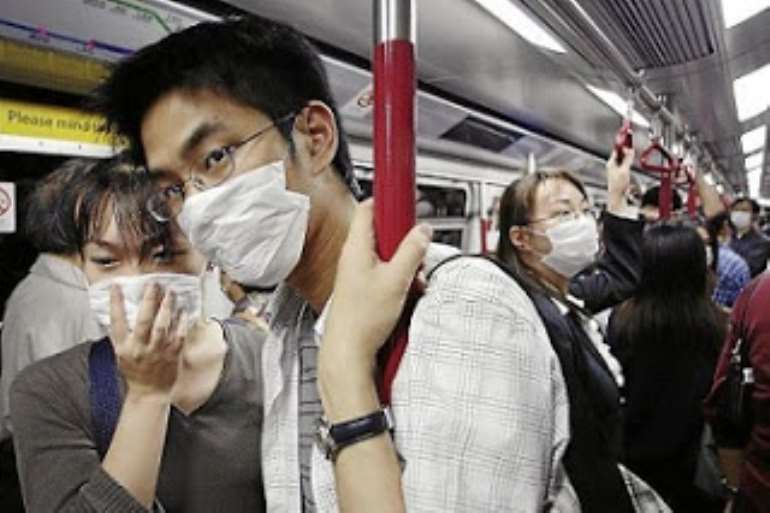How The Ebola Epidemic In West Africa Cost The Economy 53 Billion Dollars

A victim of Ebola under examination opens the mouth
The Ebola epidemic, which devastated West Africa in 2014, cost the economy at about $ 53 billion. This result is from a study published in the Journal of Infectious Diseases.
The authors of the report combined the direct economic burden and indirect social impact, thus calculating the complex costs of the worst epidemic of Ebola in the world.
The incidence of bleeding fever lasted from 2013 to 2016 and killed at least 11,300 people, in what to be known as the most serious epidemic of Ebola in medical history. Most cases occurred in Guinea, Liberia and Sierra Leone.
The study's authors have estimated economic losses of about $ 14 billion ($ 317 billion) and claim that the losses stemming from mortality are much higher. Sums have been estimated by the number of people affected and an amount corresponding to the value of human life.
Experts, however, have calculated an amount from a single study from West Africa that estimates the value of human life in Sierra Leone at $ 577,000.
The overall estimate is so much higher than originally predicted. The World Bank estimated economic losses of $ 2.8 billion in 2016.
A new study, in its calculations, took into account the impact on health professionals, the long-term conditions of around 17,000 people who survived the epidemic and the cost of their treatment, monitoring, and deployment of staff outside of West Africa.
Part of the cost that was previously not included in the total amount stems from the cost of the victims of other illnesses. They make up a total of $ 18.8 billion.
During the Ebola epidemic, 10,623 HIV/AIDS, tuberculosis and malaria patients were reported by health workers. Approximately 3.5 million cases of malaria weren't treated and another 2000 to 16,000 deaths was caused by measles.
What threat does the world face and how quickly does a fatal epidemic spread?
The world has diminished, according to recent studies, one can get home from anywhere in the world in 36 hours. It also means that within 36 years any new disease can spread across the world. It describes the world situation of The Conservation.
The Spanish flu broke out in 1918 and it took two years to spread around the world. HIV/AIDS occurred in Africa in the 1960's, however, the epidemic only burst in the 1980's.
SARS spread from Asia to Canada, MERS came from Saudi Arabia to South Korea, and from Africa, along with tourists, humanitarian workers got Ebola.
So far, many epidemics have been prevented by given the increasing resistance of antibiotic. It is only a matter of time when a worldwide epidemic will erupt because most of the epidemic is man-made and as usual, the World Health Organization sound the alarm but has never confirmed in medical history which epidemic is natural and man-made.
Climate change also plays a huge role. For example, thirty to forty years ago, it was simply not possible for certain diseases to appear in Central Europe.
Today with rising temperatures is just a matter of time when some tropical diseases such as malaria or cholera could also appear in Central Europe. On the other hand, hepatitis A is in China.
The great danger is also the large migration of the population. Refugees from poor countries can possibly bring diseases and parasites, which can easily spread among the native population that has no immunity against them.

Sars in Hong Kong
Conversely, influenza, angina or pneumonia may be fatal for refugees. In the worst case scenario, there could be a virus breakdown in the refugee population.
The World Health Organization is, therefore, preparing plans for outbreaks of new epidemics. However, it is above all the cooperation of all governments the system to prevent the global catastrophe function.
New and stronger drugs are being made but the fact is no one knows when any epidemic will erupt unless the creators of the diseases and biological agents to support the global depopulation agenda, which affects only the third world.
Disclaimer: "The views/contents expressed in this article are the sole responsibility of Joel Savage and do not neccessarily reflect those of Modern Ghana. Modern Ghana will not be responsible or liable for any inaccurate or incorrect statements contained in this article."
https://ift.tt/2D8FSrl


Comments
Post a Comment